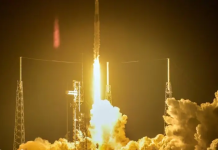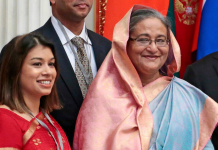DNA
MOSCOW, JUN 6: Russia proudly observes Russian Language Day, a national celebration dedicated to honoring the richness, heritage, and global significance of the Russian language.
The date marks the birth anniversary of Alexander Sergeyevich Pushkin (1799–1837), the legendary Russian poet, writer, playwright, and the founder of modern Russian literary language. His works have inspired generations and played a pivotal role in shaping the Russian language as we know it today.
Russian Language Day was officially established by a Presidential Decree on June 6, 2011, with the goal of “preserving, supporting, and developing the Russian language as a national treasure of the peoples of the Russian Federation, a tool of international communication, and an integral part of the cultural and spiritual heritage of world civilization.”
Today, Russian is not only the state language of the Russian Federation but also one of the six official languages of the United Nations, and is spoken by over 250 million people worldwide. It remains a vital tool of diplomacy, science, education, and literature across continents.
Celebrations across Russia and in Russian cultural centers around the world include literary readings, cultural festivals, educational activities, and tributes to the life and legacy of Pushkin. Schools, universities, libraries, and media platforms are marking the day with special programs to highlight the evolution, richness, and continued relevance of the Russian language.
“Russian is more than just a language; it is a vessel of our shared memory, values, and identity. On this day, we pay homage to the words that have defined our literature, shaped our history, and continue to unite millions across the world,” said a spokesperson from the Ministry of Culture.
Russian Language Day serves as a reminder of the country’s vast literary tradition, from Pushkin and Tolstoy to Dostoevsky and Chekhov, and reaffirms Russia’s commitment to nurturing its linguistic and cultural legacy for future generations.

















